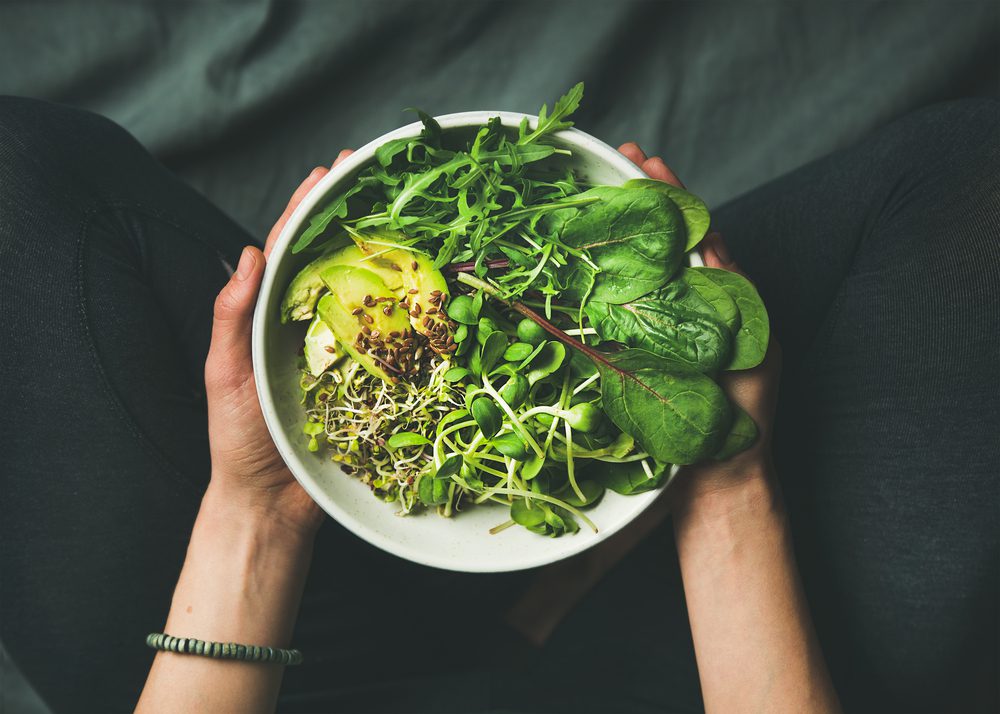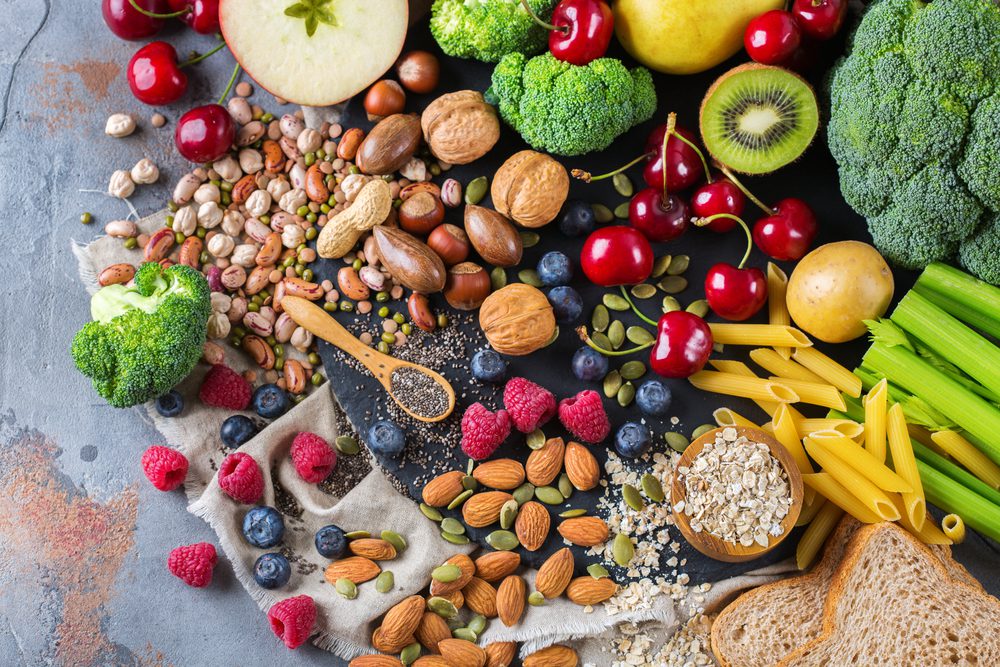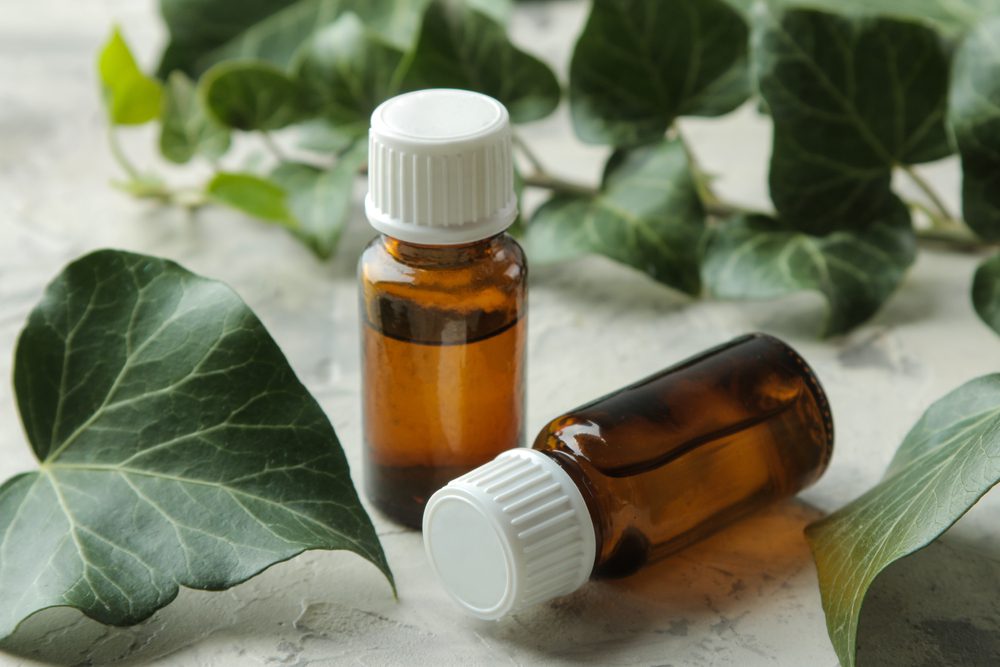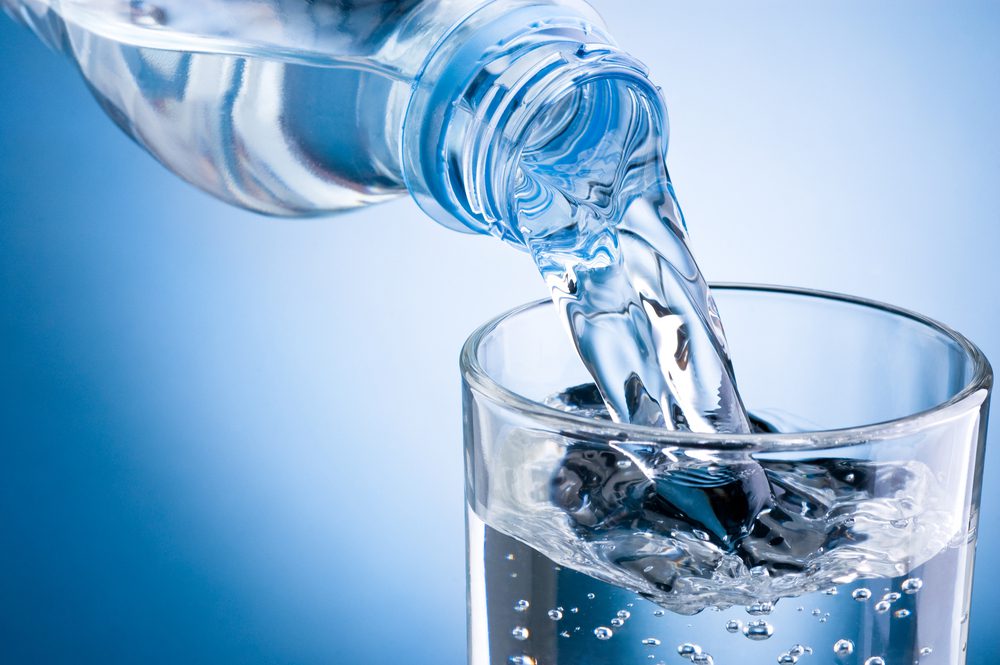…How many times a week do you work out?
According to several studies, you should aim for a workout at least three to four times a week, in order to have a healthy body and mind. However, given the fact that our lives get busier and busier each day, we might find it hard to hit the gym or take a workout class at the end of the day.
If you are one of those people who want to live a healthy life, you already know that you need to include nutritious and clean foods and movement throughout the day.
But if your schedule is too tight and it feels almost impossible to get your sweat session in, we have some tips for you. Here are 11 easy ways to sneak a workout into your day.
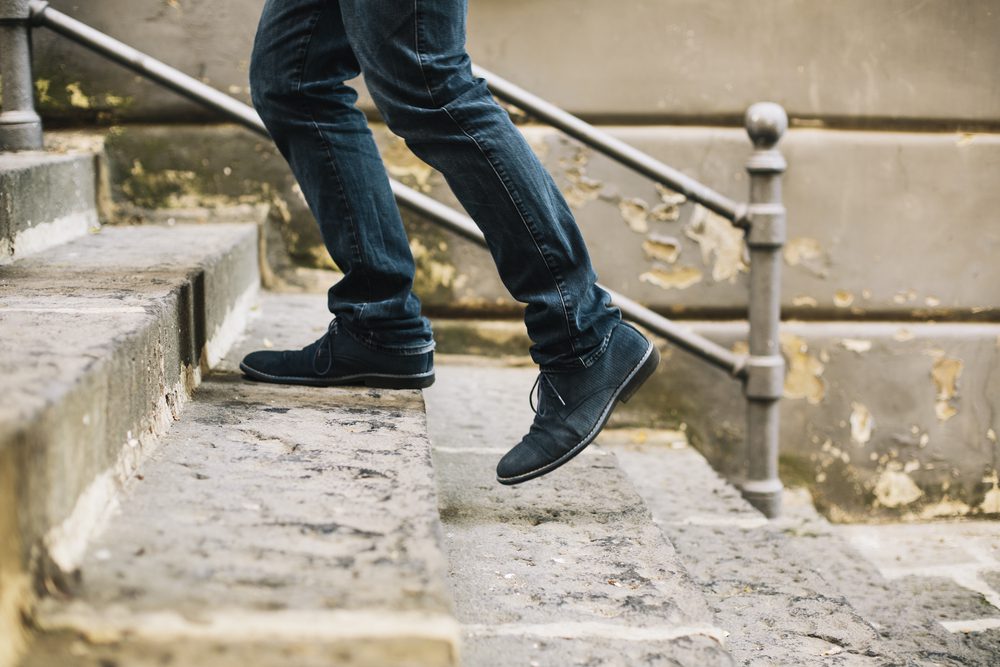
How to Sneak a Workout Into Your Day
1. Take the stairs
Even though it might be more convenient to take the elevator, if you want to achieve your fitness goals, you should ditch it for the stairs! Unless you’re working on the 20th floor, you have no excuses!
If you’re looking for a challenge, you can take two steps at a time or increase your speed. You might be where you want faster than you would’ve if you’ve waited for the elevator and the best thing is that you get your cardio in.
Your heart rate will get up and your muscles will work harder to keep you balanced and coordinated. Make sure to squeeze your butt and core for more effective results and say goodbye to cellulite!
…Do this daily for a few weeks and you’ll notice your calves looking stronger, your buttocks rounder, and your thighs and core more toned!
2. Park your car further than you need
Park your car further than you need to every time you go to the grocery store or at work. Even though it might be confusing at first, your body and your mental health will benefit from this in the long run!
If you want to make the best out of this situation, make sure to speed up your pace, engage your core, and squeeze your butt! If you do these things, your heart rate will go up, which means that you will burn more calories! Win-win!
…Trust us, those steps will really add on!
3. Aim for 10000 steps a day
Before you say anything about this, hear us out: it does wonders for your body and it doesn’t take as much time as you think! You can break up your steps into multiple walks throughout the day.
You can park your car further, you can take the stairs, you can walk your dog an extra block, you can sit up every hour and move for 5 minutes, you can walk to a coffee shop that’s not that close to your house, or you can even walk around while you’re talking on the phone.
Even though you might not hit 10k at first, you’ll have a goal to reach, which will make you more motivated to get your steps in. As we all know already, small steps can make a huge difference!
…TIP: Every time you feel in a rut or you think that your mind doesn’t work the way you want it to, get outside and walk around for a few minutes. You’ll get your vitamin D in and the fresh air and movement will re-energize your brain!
4. Get your morning sweat sesh in!
I know that you’re busy, but everyone has 5 or 10 minutes of free time in their day! Just like you have time to check out all of your social media accounts, you definitely have time to move your body!
The best thing is that you don’t need equipment. You can do a few squats, calf raises, high knees, push-ups, plank exercises, and arm raises, and you’ll be golden!
If you’re looking for something that is more efficient, you can search 5 or 10-minute workouts on YouTube and you can pick one depending on your goals.

5. Brush and calf raise
You brush your teeth twice a day, so you have double the time to multitask. Instead of waiting for those 2 minutes to pass, you can do a few calf raises while you’re brushing your teeth. If that doesn’t sound appealing, you can squat, hold a squat, or even hold a will sit.
Trust us, your quads, booty, core, and calves will be looking amazing!
6. Let’s start cleaning
…Have you ever wondered how many calories you can burn while you’re cleaning your house?
There are times when cleaning your house or mowing the lawn are the last things you want to do. However, besides making your home look better and more organized, these things can make your body torch some serious calories as well.
For instance, studies have discovered that an average 150-pound person can burn roughly 170 calories per hour by doing some light cleaning, such as straightening up or dusting.
If your house needs a bit more attention to certain places, you can burn 20-30 calories extra per hour if you scrub your floors, clean your windows, and get rid of accumulated grime and dirt.
…Put on your favorite music and let’s get this cleaning party started!
7. Make your bed in the morning
As many successful people say, making your bed in the morning can increase productivity throughout the day and it can trigger your brain into thinking that you can conquer all the things on your to-do list.
In addition to that, making your bed requires energy and body movement, so another good thing is that you’ll get your blood flowing and your muscles working first thing in the morning.

8. Stand up more
…Did you know that standing up can burn more calories than sitting down?
The additional number of calories burned by standing up is not significant, but it can make a difference in the long run. Multiple studies have discovered that people who stand up more can burn more calories throughout the day compared to those who sit down the whole time.
For instance, a person who weighs 143 pounds can burn 0.15 more calories per minute when standing versus sitting.
Even though this doesn’t seem much, sitting down for too long can make you the victim of many things, such as increased blood pressure, irregular cholesterol levels, extra body fat around the waist, lower back pain, and muscle laziness.
Make sure to stand up for a few minutes every hour, in order to prevent yourself from getting the things mentioned earlier!
9. Make the most out of your wait
Just like we’ve previously said, standing up can help you burn more calories, but that doesn’t mean that you should stop there! You can squeeze your butt muscles or your core every time you’re waiting in line for your groceries to be scanned, or you can even do a few calf raises.
10. Squat in the bathroom
This might sound weird, but it’s actually a fun workout game. Every time you have to go to the restroom or take a shower, you have to do 20 squats.
This way you’ll get a very short workout in, you’ll get your heart rate up, and your muscles will be stronger and will look more toned. If you don’t like this exercise, you can pick one that you enjoy, such as push-ups, planks, leg kicks, arms raises, and so many other things.
11. Play with your pet
Pets have a lot of energy they need to consume, so playing around with them will not only give you beautiful memories, but it will also help you get your workout in. In addition to that, this playtime will make your body release endorphins, which are known as feel goods hormones, so you’ll feel very happy as well!
…Which one of these tips are you planning to add to your daily routine? Make sure to let us know by leaving a comment down below!
….Don’t forget to check this article out as well:

